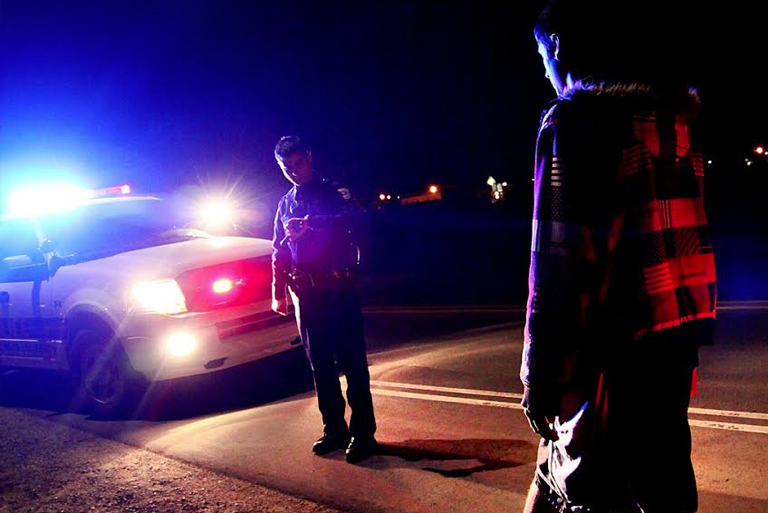
Impact on Immigration
Visitors could face deportation
A visitor to Canada faces possible deportation upon conviction for impaired driving, drive over 80 mgs., or refuse breath sample. A person who has committed a comparable offence abroad could be denied entry to Canada.
Visitor includes anyone lawfully in Canada as a tourist, or on a work or student visa. It also includes a person who has approval in principle for landing on humanitarian and compassionate grounds.
Inadmissible to Canada
A person seeking to come to Canada as a landed immigrant or as a visitor is likely inadmissible if he or she has been found guilty abroad of a drinking and driving offence.
Permission to enter Canada
A person found guilty of drinking and driving can apply for a temporary resident permit. Issued at the discretion of immigration authorities, the permit is valid up to three years. It can authorize single or multiple entries. The fee is $200 Cdn.
Once five years have passed from the completion of any sentence imposed for the offence, including any driving suspension, a person with a drinking and driving conviction may overcome inadmissibility upon receiving approval of rehabilitation from an authorized immigration official.
Persons not yet eligible for approval of rehabilitation could be granted a temporary resident permit.
Record suspension required
A person in Canada as a visitor who is convicted of a drinking and driving offence may not be able to renew his or her visitor permit. Upon conviction, such a person becomes inadmissible to Canada and liable to deportation. To overcome this inadmissibility, a record suspension is required. For information on record suspensions see National Parole Board.
Approval of Rehabilitation
An application for approval of rehabilitation requires:
- Criminal clearance certificate from police authorities in all countries (including Canada) where you have resided for the past 10 years. If you have lived in the United States, you must provide a state certificate (or letter from a police authority) for each state you have lived in the past 10 years and a national FBI certificate.
- Conviction certificates for all convictions. Acceptable proof may be original or certified true copies of each court judgment such as a certificate of conviction or a police report. This information must be sufficient to establish the nature of the offence, the section of the law under which you were charged, the verdict and sentence. If the conviction certificate does not include enough information, you should obtain other court records or transcripts.
- Any documents relating to sentence, parole, probation, pardon, or record suspension, such as court records, judge’s comments (including recommendation regarding parole), probation or parole reports.
- If you were a juvenile offender, a letter or document proving that the country where you were convicted has special measures for juvenile offenders.
- Photocopies of the laws under which you were convicted.
- A personal written statement outlining the circumstances of your offence(s) and describing all efforts you have since made to re-establish yourself as a law-abiding citizen.
- Photocopies of the pages from your passport showing your name, date of birth, and country of birth. If you are a U.S. citizen and do not have a passport, provide a copy of your driver’s licence and birth certificate.
- Certified translations for all documents (e.g., police, birth certificates, etc.) that are not in English or French.
- Character references from public officials or respected private citizens may help.
- A fee of $200 Cdn. (or $1,000 Cdn. if your conviction is for an offence committed abroad that carries a maximum jail penalty of 10 years or more under Canadian law).
- You may be contacted for an interview.
“Applying for Criminal Rehabilitation,” a kit containing the required application form (IMM 1444) and a guide for its completion, can be downloaded or ordered by mail at Citizenship and Immigration Canada’s website.
You can complete the form even if you are not yet eligible to apply, but would like to canvass options for entering Canada (no fee required).
Apply early: it can take up to a year to process your application.
If there is any possibility you will one day have to enter Canada, you would be prudent to secure certified true copies of all court records relating to your conviction and sentence, including proof of fine payment, and a transcript of the evidence underlying your conviction.










